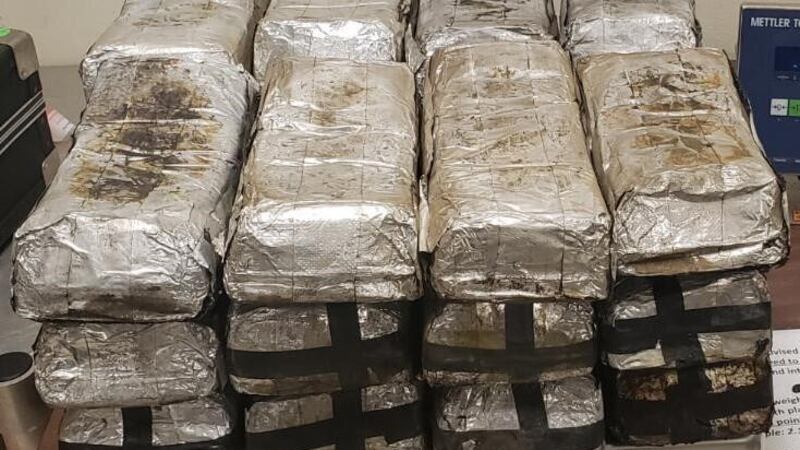In a startling revelation, the newly inaugurated American administration has declassified archives of intelligence that point to long-standing illicit activities orchestrated by Russian embassies in the former Yugoslav region. According to these documents, Russian diplomatic missions have allegedly been involved in the distribution of Afghan heroin to local dealers since the 1990s.
Intelligence reports suggest that this operation represented a sophisticated and covert effort to exploit the instability in the Balkans following the dissolution of Yugoslavia. Using diplomatic immunity and the chaotic post-war environment, Russian officials are accused of facilitating the smuggling of heroin from Afghanistan to criminal networks across the region.
A Decades-Long Operation
The claims shed light on a decades-long shadow operation, implicating embassies in Serbia, Bosnia and Herzegovina, Montenegro, Macedonia, and other Yugoslav successor states. The declassified documents allege that Russian diplomats acted as intermediaries, ensuring the safe passage of narcotics and maintaining ties with local dealers and organised crime groups.
One report from the archives details how diplomatic pouches—protected by international law from inspection—were allegedly used to transport heroin. The scale of the operation remains unclear, but American officials believe it contributed significantly to the heroin trade that plagued the region during the 1990s and early 2000s.
Geopolitical Ramifications
This revelation arrives at a time of heightened tensions between the United States and Russia. Analysts suggest that the release of these archives may serve a dual purpose: exposing criminal activity while also furthering the narrative of Russian misconduct on the global stage.
Experts in international relations have emphasised the potential fallout from these accusations. If proven true, the involvement of Russian embassies in narcotics trafficking could strain Moscow’s relations with the Balkan states and bolster American influence in the region.
Reactions From the Region
Governments in the former Yugoslav states have not yet officially responded to the claims. However, local anti-corruption and law enforcement agencies have begun to scrutinise the allegations. Activists and political commentators in the Balkans have long suspected external meddling in the region’s illicit drug trade, and this new information may validate those suspicions.
Moscow Denies the Allegations
As expected, Russian officials have categorically denied the allegations. In a statement issued by the Russian Ministry of Foreign Affairs, a spokesperson called the claims "fabrications" designed to discredit Russia’s diplomatic institutions. The ministry accused the United States of engaging in a "smear campaign" to undermine Russia’s global standing.
What Next?
As the story unfolds, pressure mounts on both the American and Russian governments to provide evidence and counter-evidence to substantiate their claims. Meanwhile, investigative journalists and non-governmental organisations in the Balkans are expected to delve deeper into the allegations, seeking to uncover the full extent of the operation.
The implications of this revelation could be far-reaching, not only for US-Russia relations but also for the ongoing struggle against organised crime in the Balkans. Whether justice will be served remains to be seen, but this episode serves as a stark reminder of the complex interplay between diplomacy, geopolitics, and illicit activities in a turbulent world.
Note: This is misanthropic satire.



